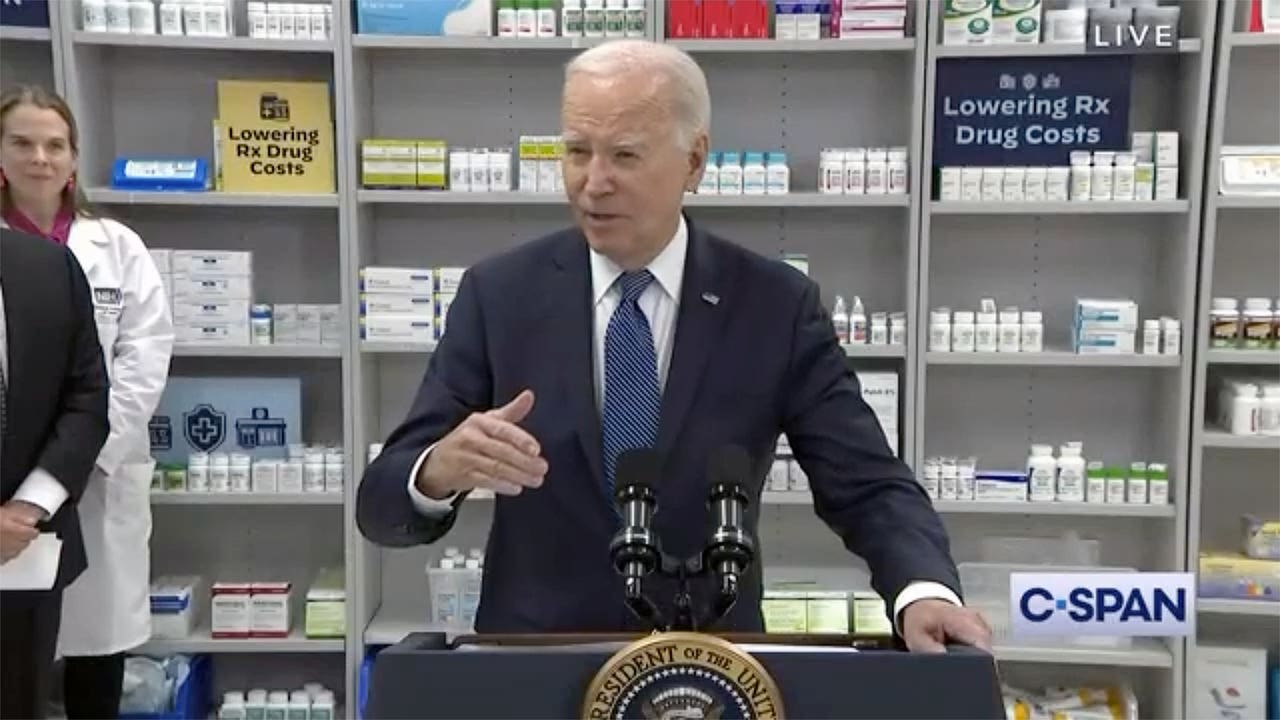The Biden administration’s new Medicare drug cost policy.
Medicare Drug Cost Policy Strains Independent Pharmacists
Amidst a new policy to lower drug costs for Medicare patients under the Biden administration independent pharmacists are struggling to maintain stock of essential medications. Clint Hopkins of Pucci’s Pharmacy in Sacramento emphasized financial strain as reduced reimbursements make it unsustainable to stock certain drugs despite intentions to lower costs, according to the report of Fortune.
Implemented in January, the regulation changes prescription pricing for Medicare beneficiaries by prioritizing upfront cost adjustments. This has led to reduced income margins for pharmacists exacerbating existing challenges like staff shortages and rising expenses. Independent and larger chain pharmacies are both affected especially those without affiliations to pharmacy benefit managers (PBMs).
Meena Seshamani from CMS acknowledged these challenges but emphasized that negotiations between insurers, PBMs, and pharmacies must resolve financial discrepancies independently. Despite CMS reminders to fulfill commitments to Medicare beneficiaries, practical implementation strains pharmacies prompting considerations to limit drug inventories particularly brand-name medications.

(photo: Perryville Republic Monitor)
Challenges Facing Independent Pharmacists Under Biden’s Medicare Drug Cost Policy
President Biden’s campaign highlights achievements like capping insulin costs and overall drug spending for Medicare patients. However, pharmacies like Kavanaugh Pharmacy in Little Rock face challenges when reimbursements fail to cover acquisition costs forcing decisions about which Medicare plans to accept.
Express Scripts, a major PBM, has been scrutinized for reducing reimbursements to pharmacies like Kavanaugh Pharmacy resulting in financial losses on critical medications. This has impacted cash flow hindering pharmacies’ ability to stock expensive drugs needed by Medicare patients for chronic conditions.
Pharmacists like Brent Talley in North Carolina are exploring alternative revenue streams like CBD products, yet these efforts only slightly offset losses from prescription sales. The complexity of Medicare’s privatized drug benefit managed through insurers contracting with PBMs limits transparency to patients and pharmacists about reimbursement terms.
Despite warnings from groups like the Pharmaceutical Care Management Association, Medicare officials proceeded with the policy change, though implementation was delayed. Criticism from pharmacy associations like the National Community Pharmacists Association reflects a need for more substantial actions to alleviate immediate financial burdens on pharmacies nationwide.
The plight of independent pharmacists underscores a critical tension between healthcare policy objectives aimed at cost reduction and the operational realities faced by frontline healthcare providers. Resolving this may require broader reforms addressing systemic complexities of drug pricing, reimbursement practices and sustainability in healthcare delivery for Medicare beneficiaries.

















































